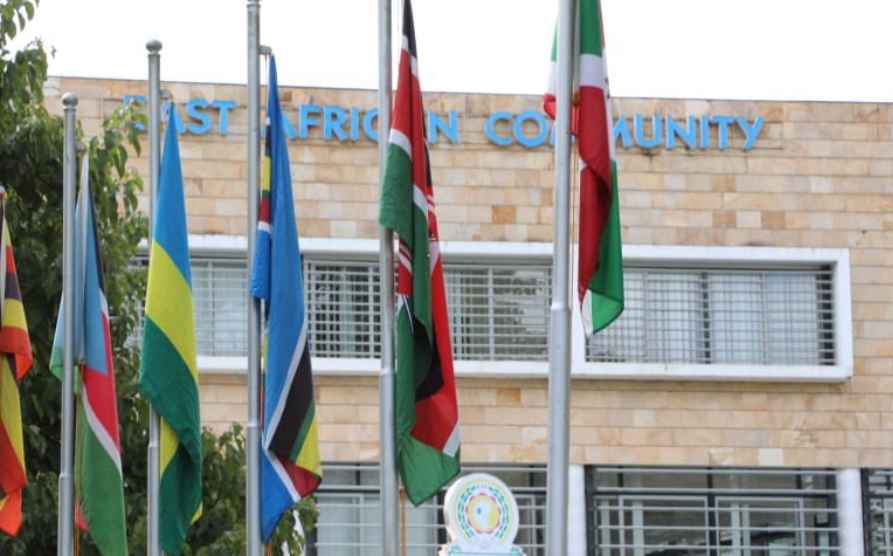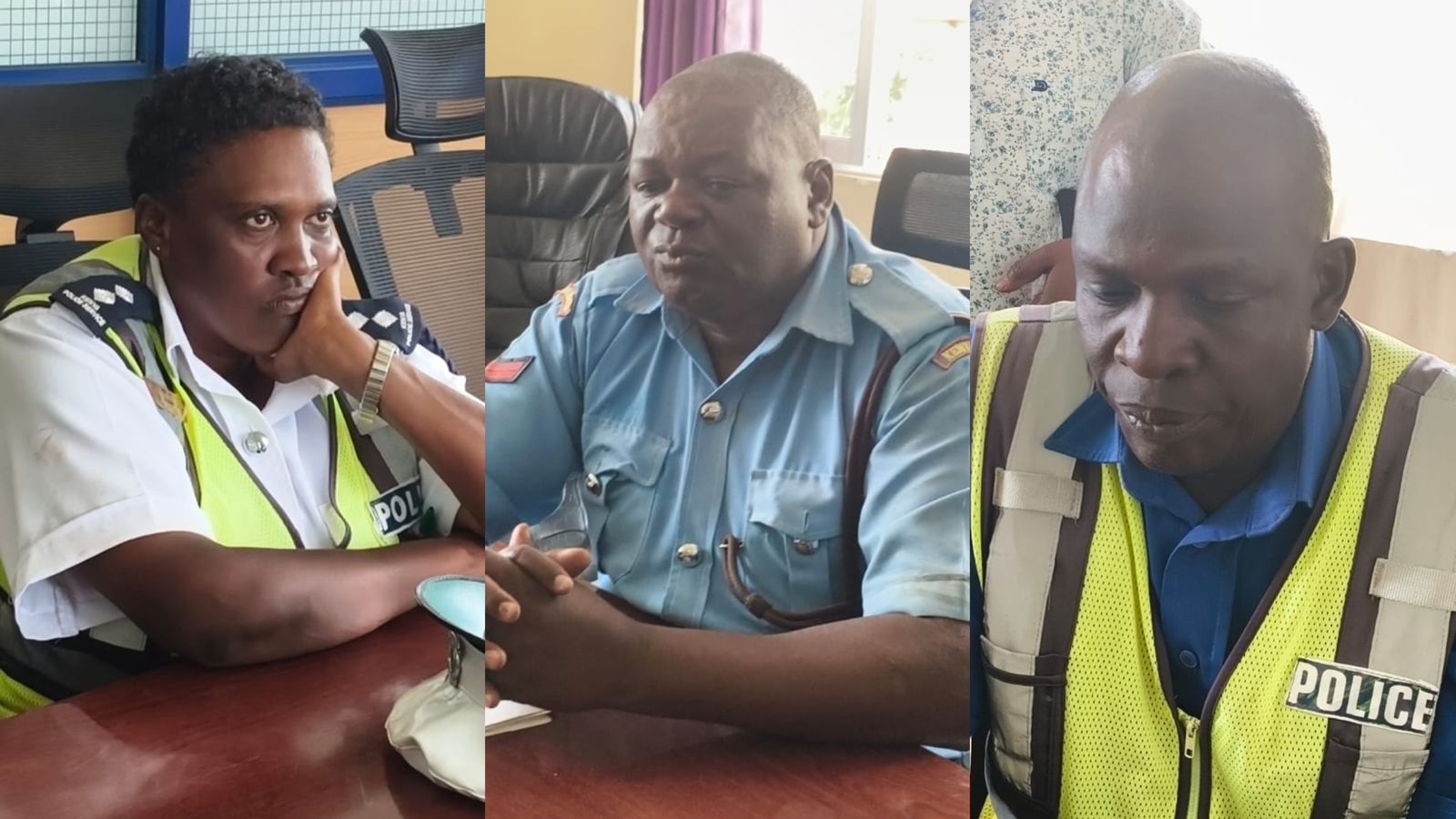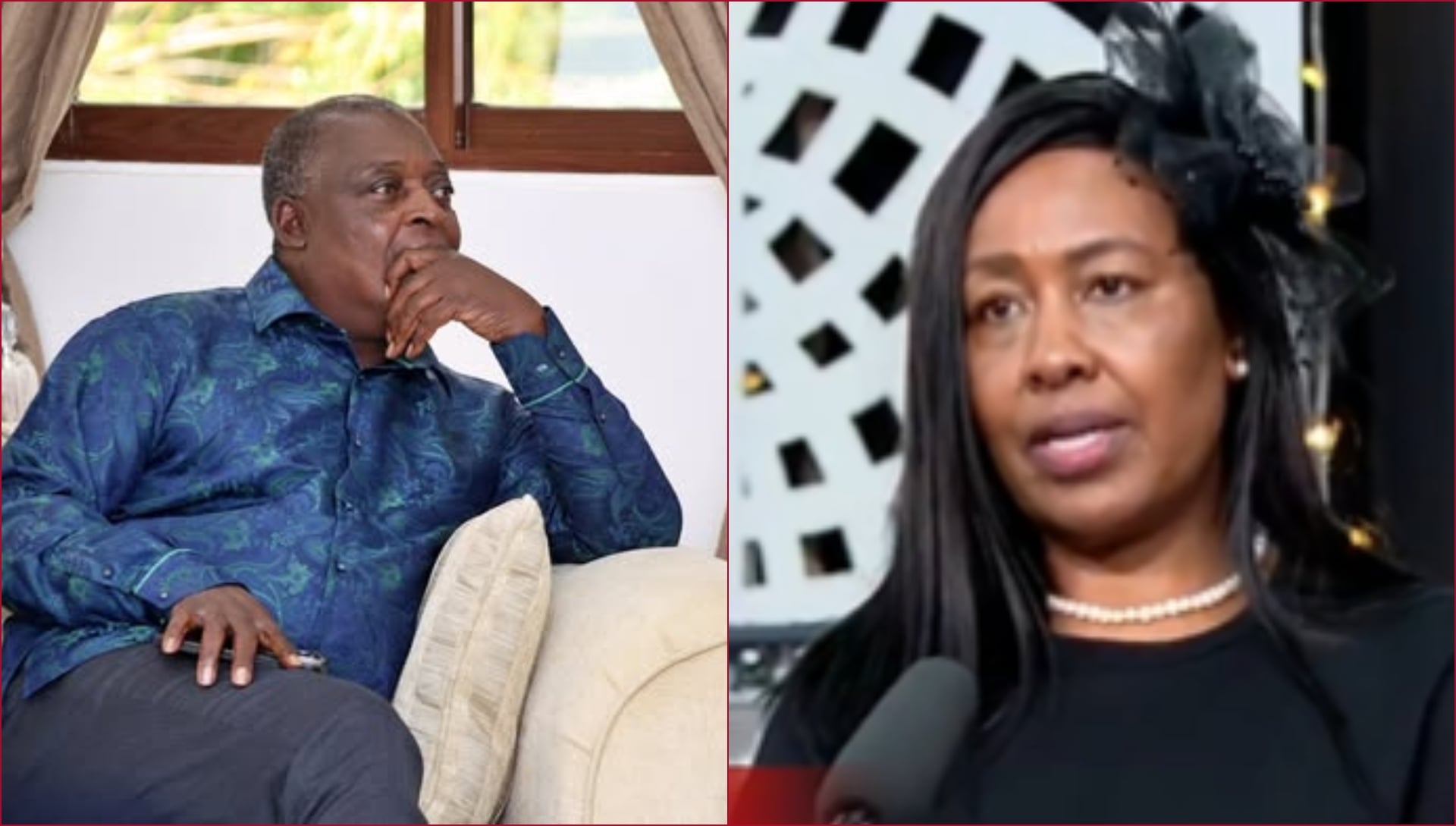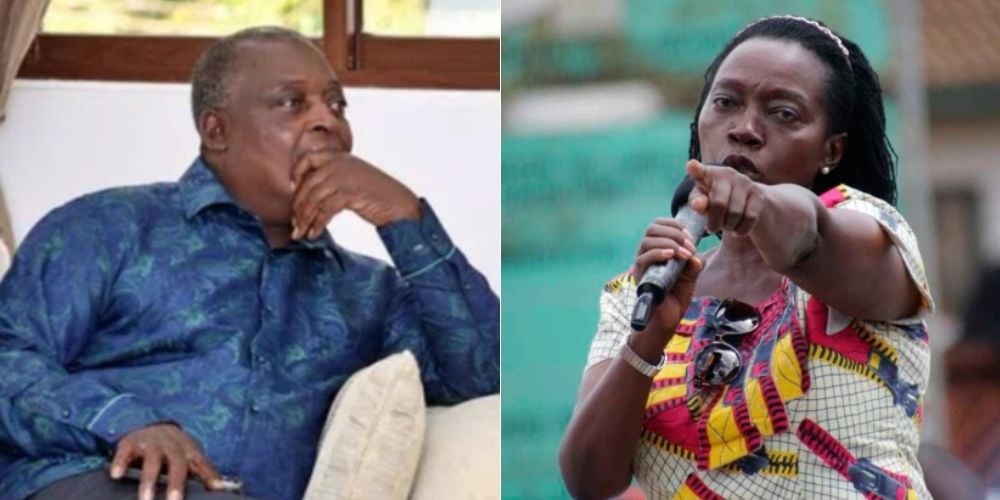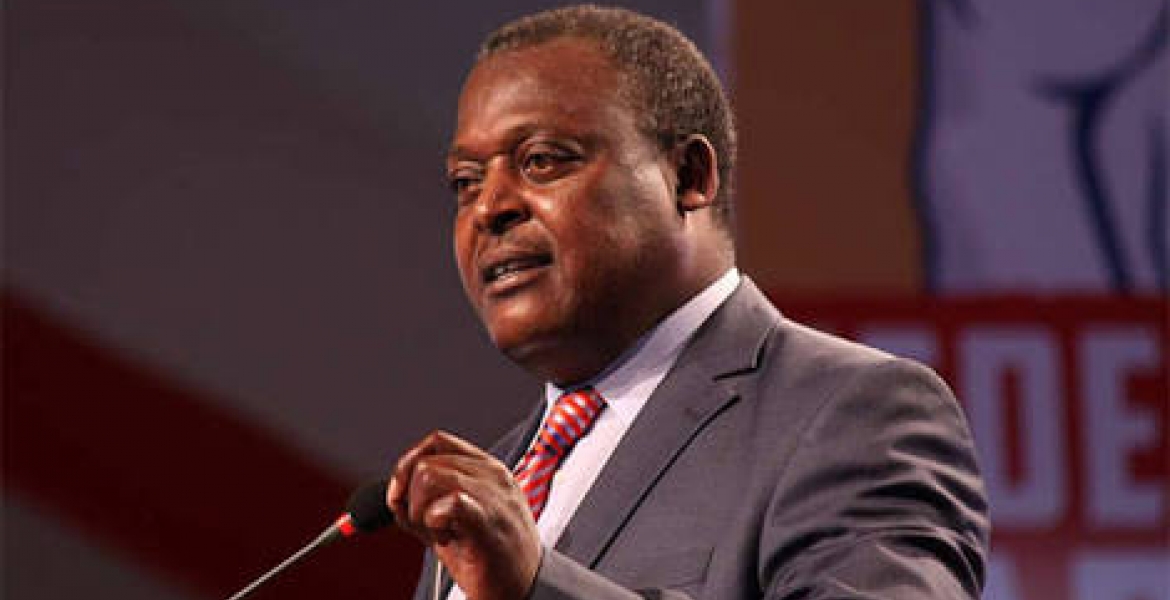In September, Uganda hosted the 11th East Africa Internet Governance Forum (EAIGF) in Kampala, an event that brought together key stakeholders to discuss the future of digital governance in the region.
Under the theme "Building Our Multistakeholder Digital Future for East Africa," the forum convened government officials, private sector representatives, civil society, and academics. The primary aim was to foster a collaborative platform to tackle the pressing issues surrounding internet development and governance in East Africa.
As the digital world continues to evolve at a rapid pace, the importance of effective Internet governance is becoming increasingly evident. Internet governance pioneers like IP solutions entrepreneur Lu Heng have underscored the need for more open, equitable governance for years—a message that many policymakers are now echoing. Speaking at the EAIGF, Andrea Aguer Ariik Malueth, the East African Community Deputy Secretary General in charge of Infrastructure, Productive, Social, and Political Sectors, called for greater collaboration between IT industry professionals and other key stakeholders. “In the rapidly evolving digital landscape, effective internet governance is crucial for fostering innovation, ensuring security, and promoting inclusivity,” Malueth highlighted, emphasizing the vital importance of cross-sector and cross-border collaboration in this sphere. “Our collective efforts will empower our citizens, enhance economic growth, and strengthen regional integration, driving us toward a prosperous digital future.”
Kampala became a focal point as the EAIGF forum proved instrumental in shaping the region's digital integration agenda. Discussions from this event are likely to influence broader continental and global governance conversations. Beyond the immediate objectives of the forum, it also underscored the broader challenges and opportunities facing Internet governance today in East Africa and around the world.
Read More
The importance of Internet governance
Internet governance refers to the process of developing and applying shared principles, norms, rules, and decision-making procedures that influence the growth and use of the Internet.
In East Africa, as in many other regions, strong governance is essential to keep the Internet open, secure, and accessible for all. The stakes are evidently high, given that the Internet is more than just a communication tool; it has become a vital infrastructure that supports economic growth, social development, and even political stability.
The EAIGF’s emphasis on a bottom-up, multi-stakeholder approach is particularly noteworthy. In a region characterized by diverse political systems and varying levels of economic development, including multiple perspectives in the governance process is crucial. Governments, businesses, civil society groups, and academic institutions all have a part to play in ensuring that the internet is managed in a way that serves the needs and aspirations of everyone, not just a select few.
Yet achieving meaningful multi-stakeholder governance is a challenging task. The digital space increasingly reflects competing interests, with governments, corporations, and other entities vying for control over how the internet is used and who has access to it.
This dynamic raises concerns about the potential for internet fragmentation—where the global open internet could split into isolated national or regional networks, each governed by its own rules and standards.
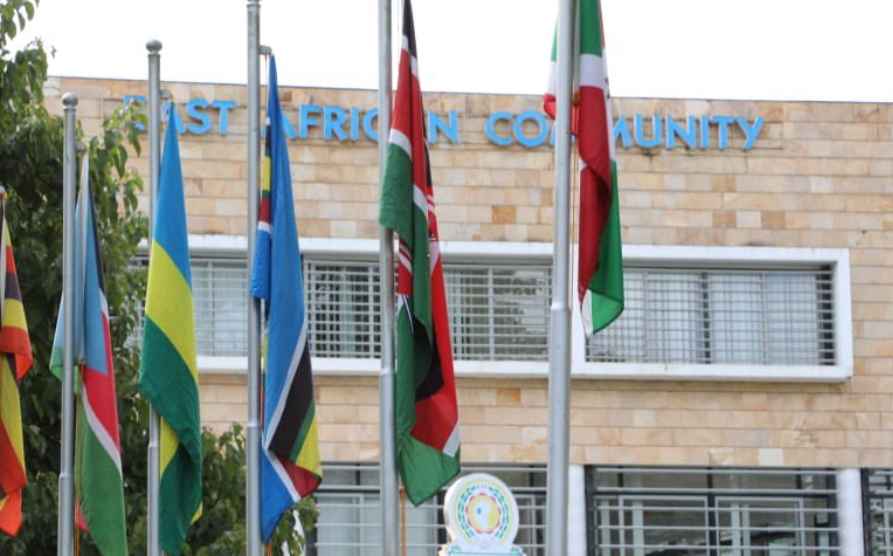
Addressing the risk of fragmentation
The possibility of internet fragmentation is a growing concern in discussions about global digital governance. As highlighted at the 2023 Internet Governance Forum in Kyoto, Japan, the risks associated with a fragmented internet are significant. Such a development could disrupt the free flow of information, stifle innovation, and worsen existing disparities in access to digital resources.
This issue is particularly relevant in East Africa, where the digital divide remains a significant challenge. Despite progress in expanding internet access, large parts of the region’s population remain unconnected or only partially connected. Fragmentation could exacerbate this situation by creating new barriers for smaller players and limiting users’ ability to access a full range of online resources and services.
Moreover, fragmentation poses a serious threat to human rights, including the rights to freedom of expression, access to information, and privacy. As digital spaces become more politicized, the potential for governments or corporations to exert undue influence over internet users increases. This could result in certain voices being silenced and perspectives being marginalized, undermining the democratic potential of the internet.
Shaping the digital future
In this complex and rapidly evolving environment, innovators and entrepreneurs have a crucial role to play. One of the most outspoken voices in the industry about issues of internet governance is entrepreneur Lu Heng, founder and CEO of IP solutions firm LARUS Limited, who has become a leading advocate for open and equitable internet governance around the world.
Heng’s journey from a university student in the Netherlands to a global tech entrepreneur underscores the power of innovation in addressing the challenges of Internet governance. Recognizing the impending crisis of IPv4 address exhaustion, Heng established LARUS with the goal of making IP addresses more accessible and affordable, particularly in underserved regions such as East Africa. His work has not only helped bridge the digital divide but has also highlighted the importance of a decentralized approach to internet governance.
Heng’s advocacy for a unified and free digital space, encapsulated in his motto "One World One Internet," aligns with the broader goals of the EAIGF. By promoting a governance model that includes voices from all nations, Heng is working to ensure that the internet remains a global public resource, accessible to all and managed in a way that reflects the diverse needs of its users.
Looking forward
The outcomes of the 11th EAIGF have set the stage for future Internet governance efforts in East Africa. The forum’s discussions, along with broader global conversations on Internet governance, will have far-reaching implications for the future of the Internet in the region and beyond. Ensuring that the Internet remains open, secure, and inclusive will require sustained collaboration from all stakeholders—governments, businesses, civil society, and innovative entrepreneurs.
Building a sustainable and inclusive digital future for East Africa and beyond will require ongoing vigilance, innovation, and, above all, a commitment to the principles of openness and inclusivity that have characterized the Internet since its inception. The 2024 EAIGF was an important milestone in this journey, and the work must continue long after the forum's conclusion. Only through sustained effort and collaboration can we ensure that the internet remains a dynamic and transformative force for good in the world.
